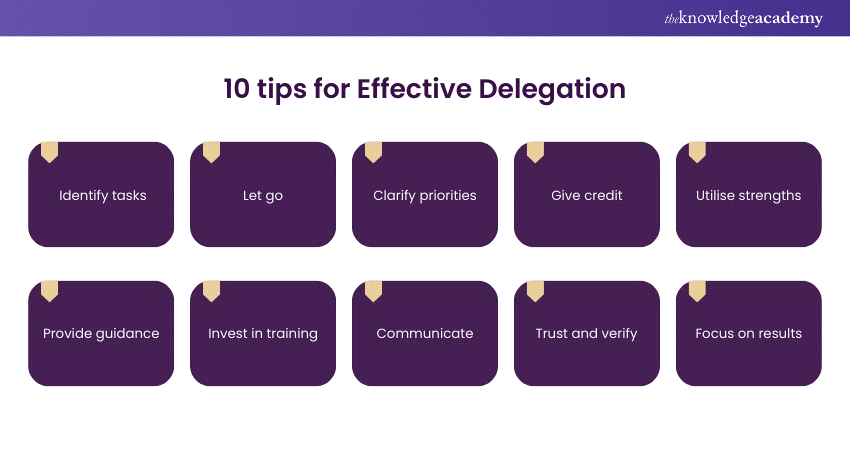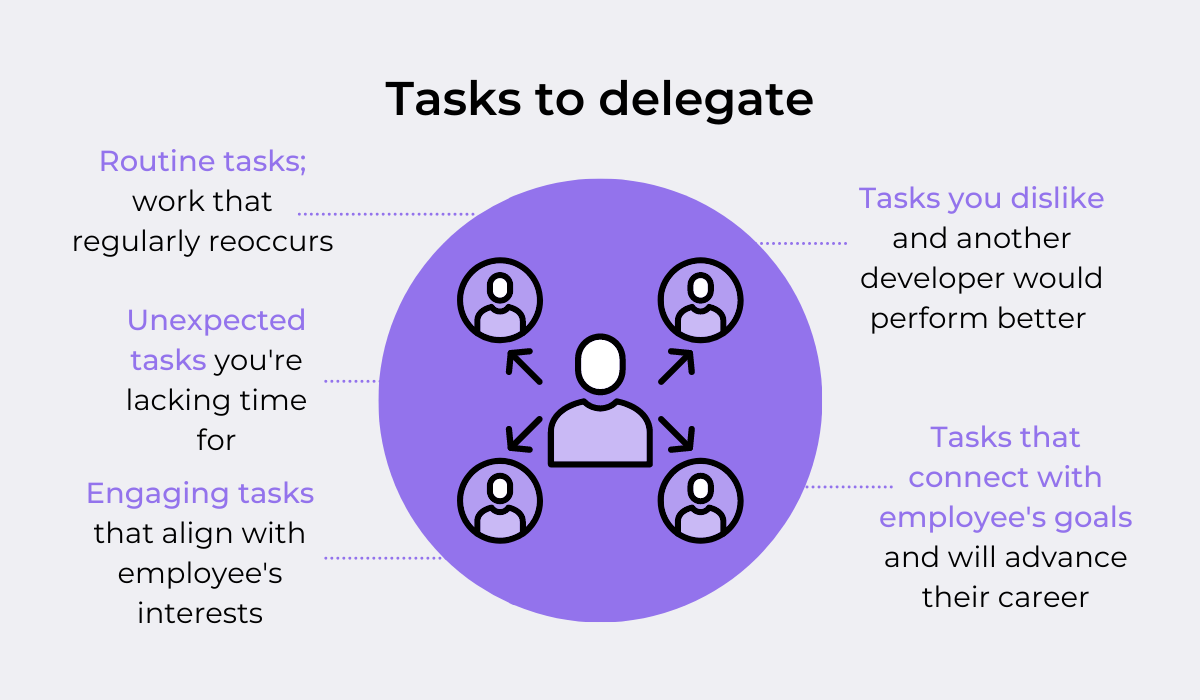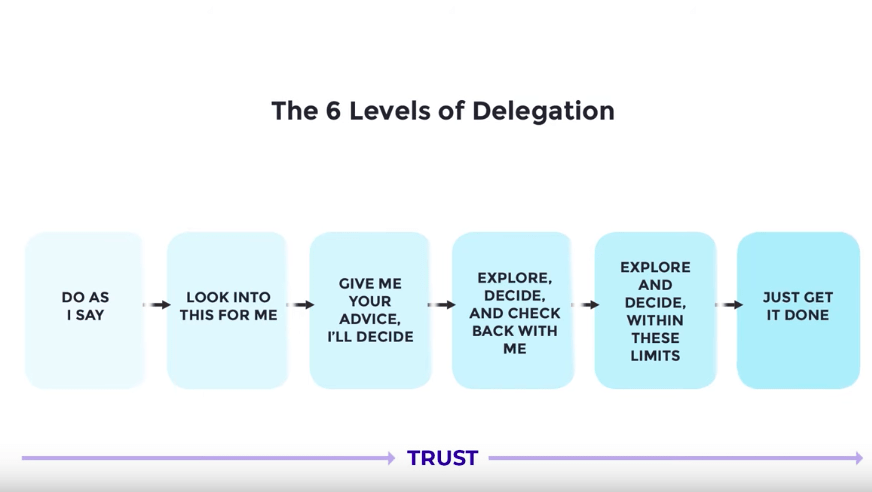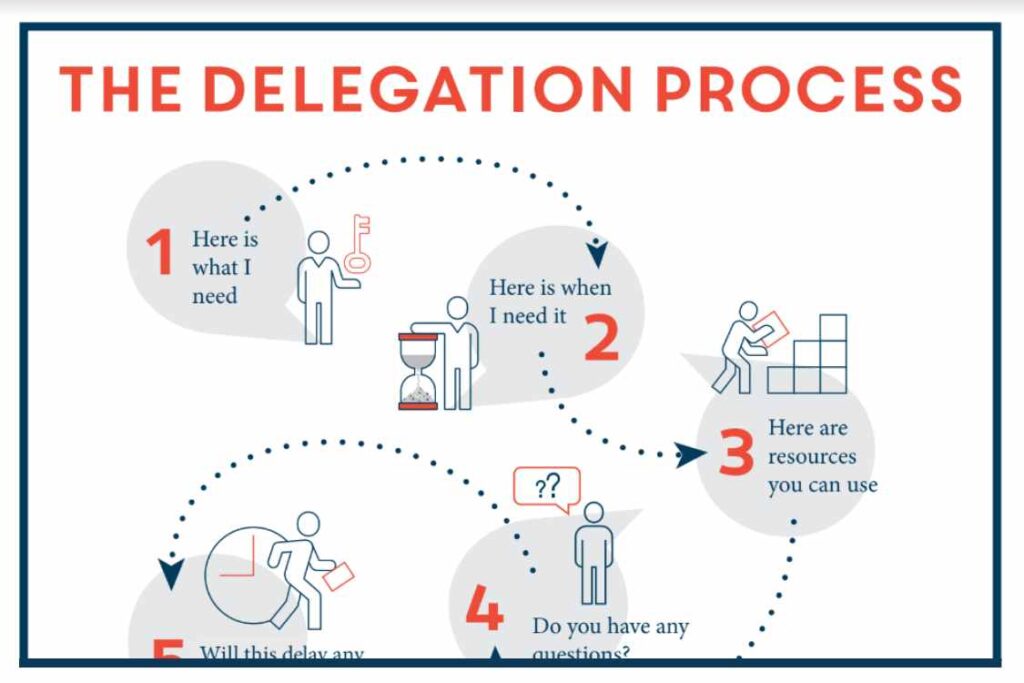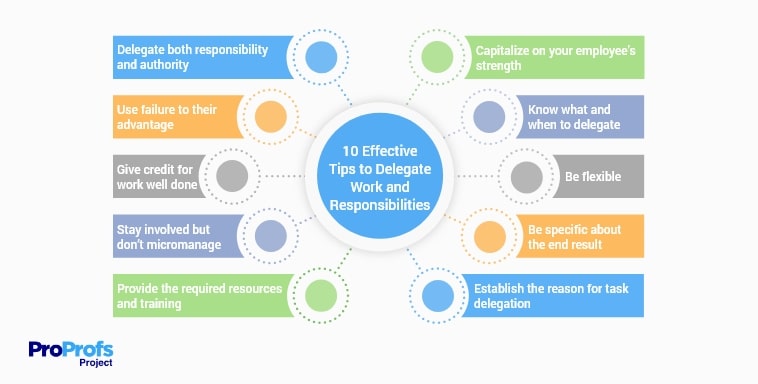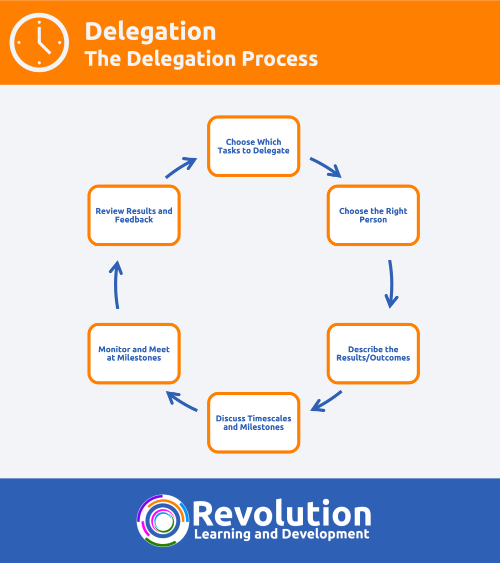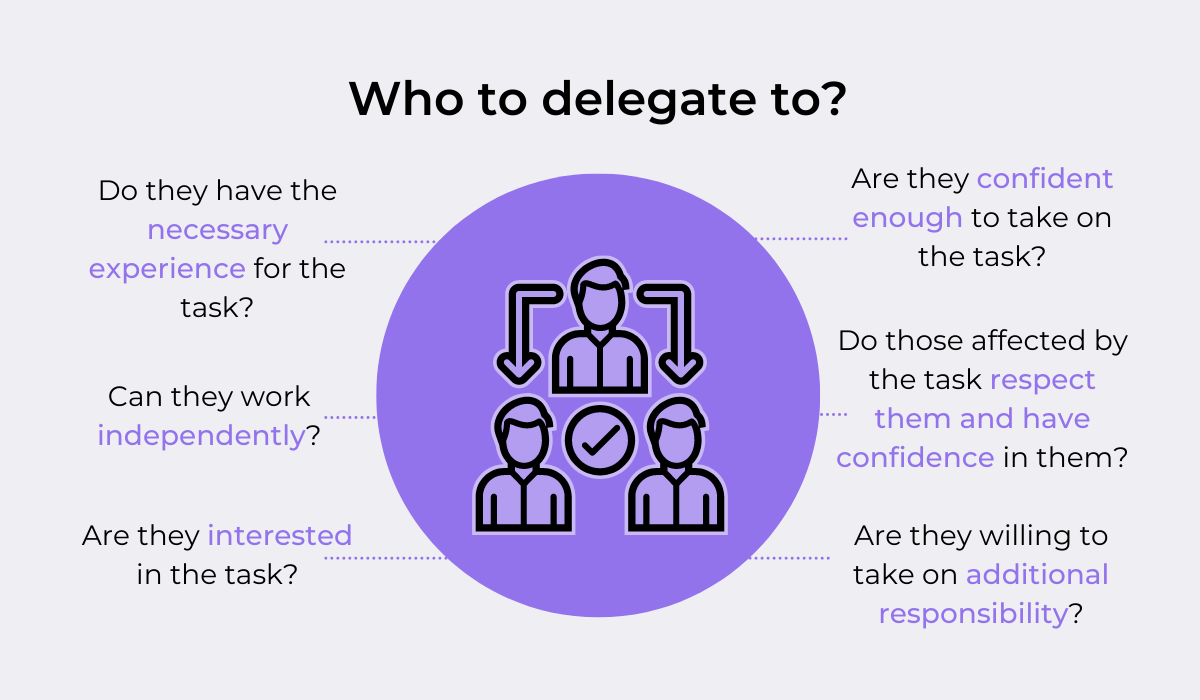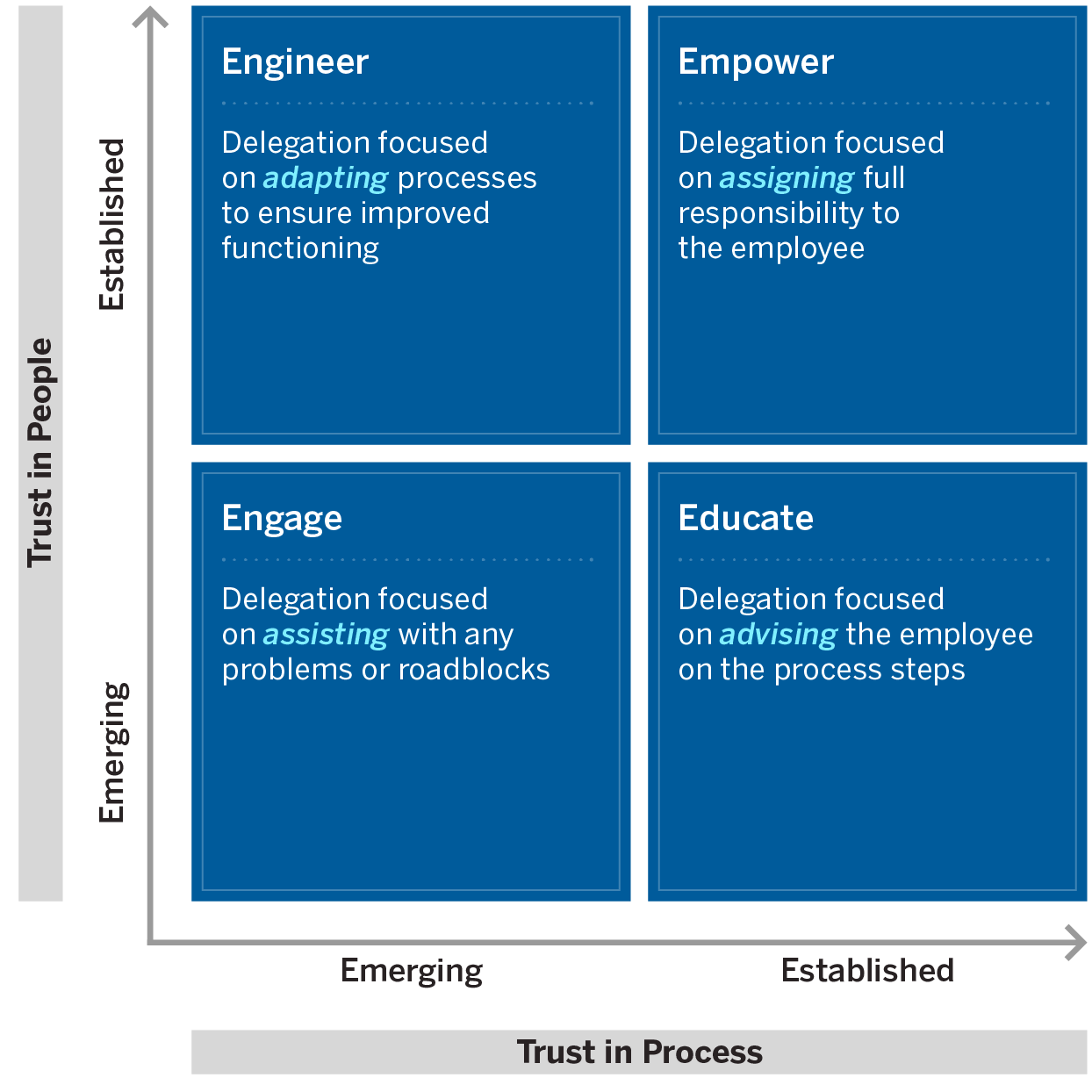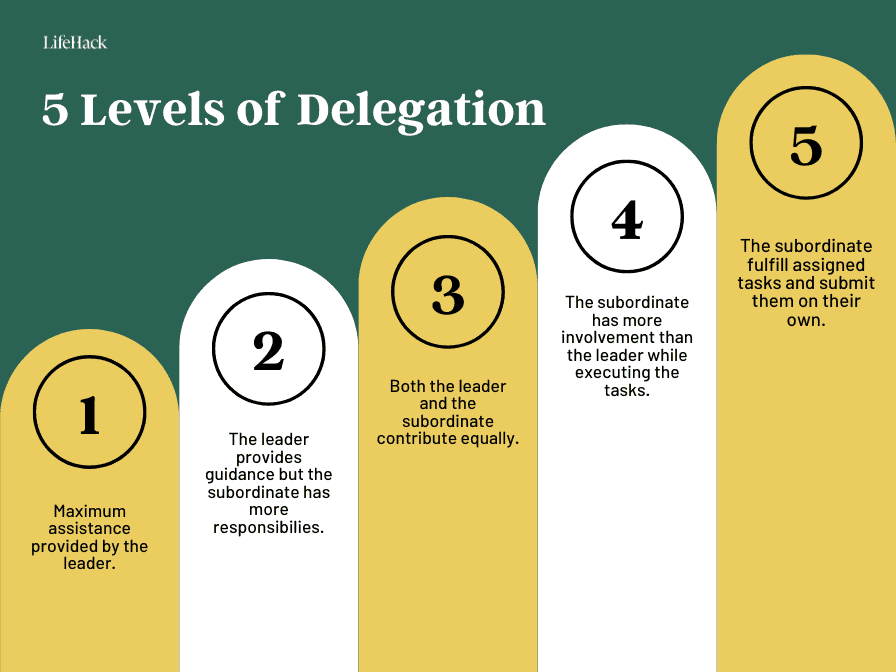How To Delegate A Project Effectively

Project bottlenecks are choking productivity across industries. Learn how to delegate effectively to reclaim your time and boost team performance, starting now.
Effective delegation isn't just about offloading tasks; it's a strategic investment in team growth and project success. Master this skill to unlock potential and drive results. Recent data shows that managers who delegate effectively see a 20% increase in team output.
Identify the Right Task and Person
First, pinpoint tasks suitable for delegation. Look for repetitive, time-consuming activities or those that align with a team member's skill set and development goals.
Next, match the task to the right person. Consider their expertise, workload, and willingness to learn. Don't simply delegate to the person with the lightest schedule.
Clearly Define Expectations
Provide a comprehensive brief. Outline the project goals, desired outcomes, and any specific requirements or constraints.
Establish clear deadlines and milestones. Ensure the team member understands the timeline and reporting expectations.
“Ambiguity is the enemy of effective delegation,” says Dr. Anya Sharma, a leading productivity consultant.
Provide Necessary Resources and Support
Equip the team member with the resources they need. This includes access to relevant information, tools, and training.
Offer ongoing support and guidance. Be available to answer questions and provide feedback, without micromanaging.
Empower and Trust
Grant the team member authority to make decisions. This empowers them to take ownership and responsibility for the task.
Resist the urge to constantly check in or interfere. Trust that the team member will deliver on their commitments.
"Trust is the glue that binds a team together." - John Maxwell
Monitor Progress and Provide Feedback
Establish regular check-in points. This allows you to track progress, address any challenges, and provide timely feedback.
Offer constructive criticism and praise. Recognize and reward good performance to motivate and encourage growth.
Evaluate and Learn
After the project is complete, conduct a thorough evaluation. Assess the team member's performance, identify areas for improvement, and document lessons learned.
Use this feedback to refine your delegation skills. Continually seek ways to improve your process and empower your team.
The Consequences of Poor Delegation
Poor delegation leads to burnout, delays, and decreased morale. According to a recent study by Harvard Business Review, ineffective delegation costs companies an estimated $37 billion annually.
Micromanagement stifles creativity and innovation. Empowering your team fosters a culture of ownership and accountability.
Key Takeaways for Immediate Implementation
Implement a delegation strategy today. Identify one task you can delegate immediately and follow the steps outlined above.
Track your progress and measure the impact of your delegation efforts. Adjust your approach as needed to maximize effectiveness.
The next step: Schedule a team meeting to discuss delegation strategies and identify opportunities for improvement.



